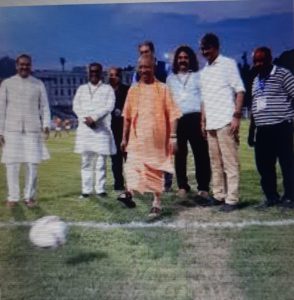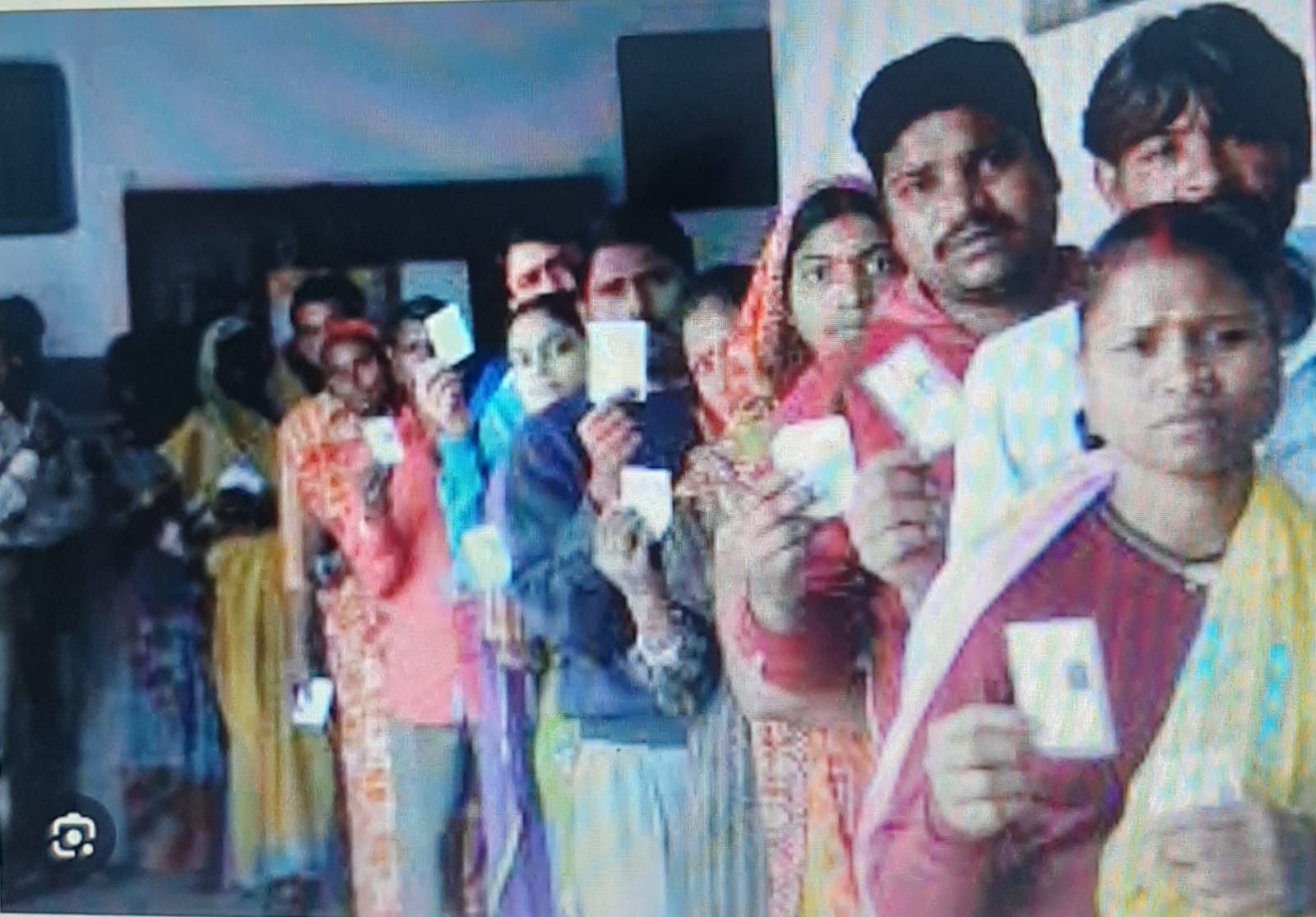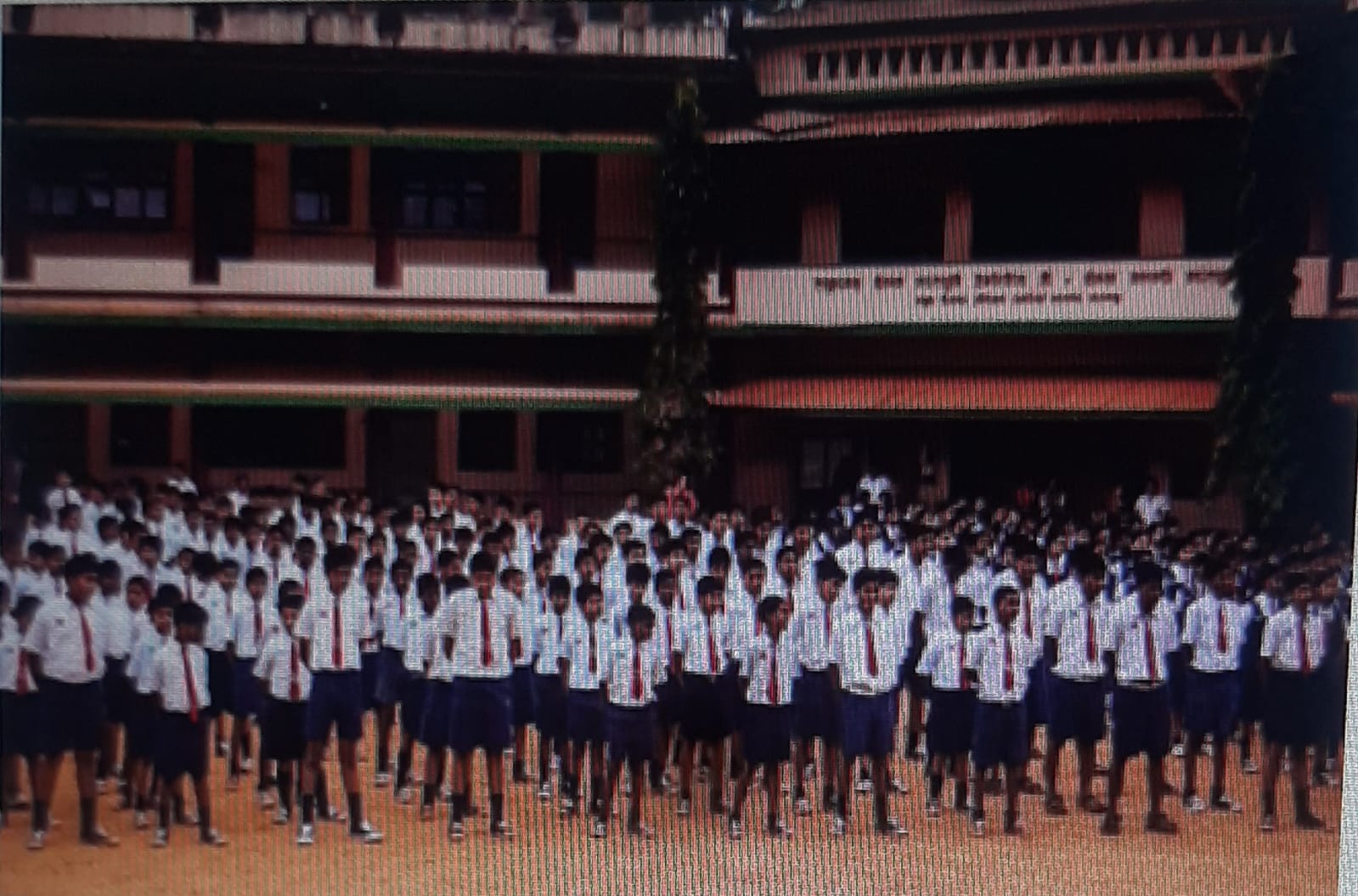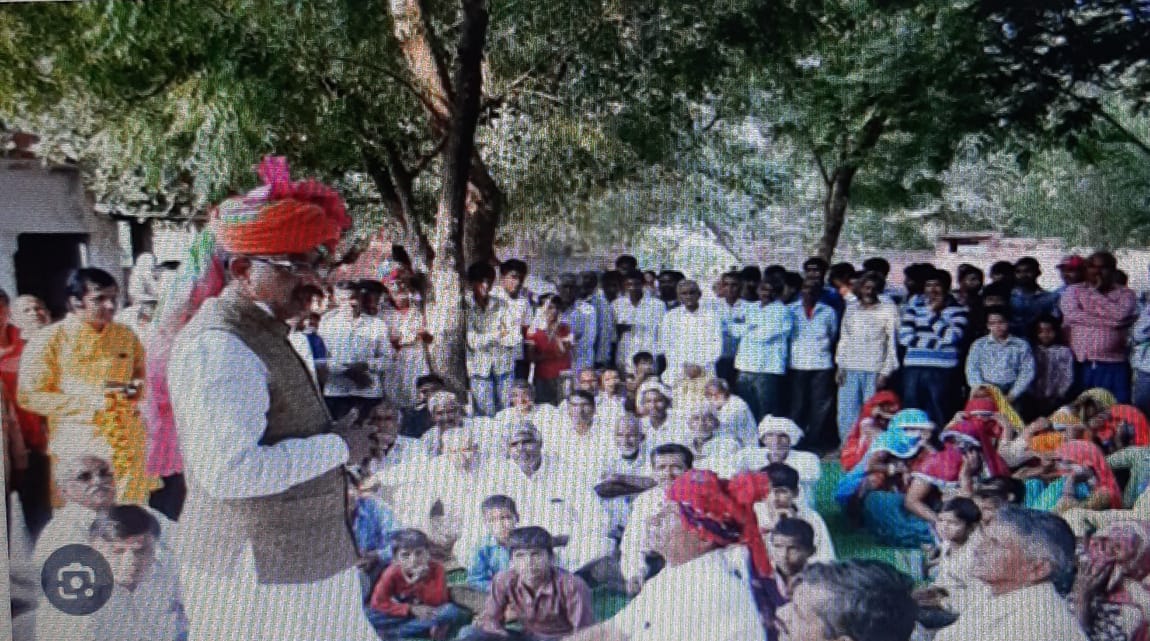
The Chief Minister’s Cup is accompanied by grandiose but vacuous promises, with the Chief Minister proclaiming plans to build hundreds of stadiums and thousands of mini-stadiums across Uttar Pradesh. Yet, as is often the case with such political declarations, the promise is devoid of substance—no timeline, no concrete steps, just words meant to appease and distract. It is a sad irony that in a state with abundant resources, the leadership remains content with empty rhetoric, writes Dr. Kanishka Pandey
In a nation where sports have the potential to unite and uplift communities, two recent football tournaments—held in Uttar Pradesh and Ladakh—reveal a tale of stark contrasts. On one side is the Chief Minister’s Cup, a hastily thrown-together event in a state bursting with resources but devoid of meaningful execution. On the other is the Climate Cup, born from the barren, yet vibrant, landscapes of Ladakh, where football is not just a game but a movement—one that transcends the pitch to touch the heart of an entire community.
The differences are not just in the scale of these events, but in their very soul. One was crafted in boardrooms, designed to serve political ends, while the other grew organically from the ground, reflecting the hopes, dreams, and aspirations of a region that, despite its challenges, is determined to move forward. This is not just a comparison of two football tournaments—it is a reflection of what happens when sports are used as a tool for empowerment versus when they are reduced to a mere political spectacle. And in that reflection, we see why one shines and the other fades into irrelevance.
A Hollow Spectacle vs. A Meaningful Movement
The Chief Minister’s Cup in Uttar Pradesh stands as little more than a hollow spectacle, a political maneuver disguised as a sporting event. The centerpiece of this so-called tournament is a single-day match between Mohun Bagan and East Bengal—an iconic Kolkata Derby that holds no genuine relevance for the people of Uttar Pradesh. It is an event parachuted into the state with no roots in local culture or interest, serving only as a fleeting distraction. In stark contrast, the Climate Cup in Ladakh is far more than a mere competition; it is a movement, a cause that binds the community together. This seven-day tournament, set against the breathtaking backdrop of Ladakh’s high-altitude stadiums, gathers teams from across the nation, offering young athletes a rare opportunity to play amidst nature’s grandeur. The Climate Cup is not just about football; it’s about instilling pride, purpose, and a sense of belonging in a region often overlooked.

Empty Promises vs. Immediate Action
The Chief Minister’s Cup is accompanied by grandiose but vacuous promises, with the Chief Minister proclaiming plans to build hundreds of stadiums and thousands of mini-stadiums across Uttar Pradesh. Yet, as is often the case with such political declarations, the promise is devoid of substance—no timeline, no concrete steps, just words meant to appease and distract. It is a sad irony that in a state with abundant resources, the leadership remains content with empty rhetoric. On the other hand, the Climate Cup in Ladakh began with a pledge that was as meaningful as it was actionable. The Government of the Union Territory of Ladakh and the Ladakh Football Association committed to planting a tree for every goal scored during the tournament—a promise rooted in the ground, not just in the air. Unlike the hollow announcements in Uttar Pradesh, Ladakh’s leaders made good on their word immediately, with tree planting commencing on the very first day of the event. Here, the connection between words and deeds is as clear as the crisp mountain air.
Political Expedience vs. Thoughtful Preparation
The Chief Minister’s Cup also reveals itself as a product of political expedience, hastily announced just days before the match. This last-minute scramble underscores a deeper problem—a complete disconnect between the event and the community it is meant to serve. The local population, largely uninvolved and uninterested, is left to witness a performance that is more about political posturing than genuine sporting development. Meanwhile, the Climate Cup in Ladakh stands as a model of thoughtful preparation and community engagement. Months of meticulous planning went into organizing this tournament, with the local community playing an integral role. The enthusiasm and participation of Ladakh’s people are not just a byproduct but the very lifeblood of the event. It is a celebration of their identity, their environment, and their future.
A Stark Reflection of Regional Priorities
These two tournaments starkly reflect the divergent priorities of the regions they represent. Ladakh, a region often described as small and deprived, is emerging as a beacon of progressive sports development. The Climate Cup is more than a tournament—it is a testament to Ladakh’s commitment to sustainable growth, grassroots involvement, and the nurturing of its youth. Uttar Pradesh, on the other hand, despite its vast wealth and population, remains mired in stagnation. The Chief Minister’s Cup, with its irrelevant match, rushed planning, and unfulfilled promises, is emblematic of a state leadership that prioritizes optics over outcomes, spectacle over substance.
The Chief Minister’s Cup and the Climate Cup are more than just football tournaments—they are mirrors reflecting the soul of the regions they represent. The former is a transient, politically motivated spectacle that will fade from memory as quickly as it was conceived. The latter is a deeply rooted, community-driven movement that will leave a lasting legacy, not just in the hearts of those who participated but in the land itself. Ladakh, with its limited resources, is leading by example, proving that true progress in sports—and in society—comes from integrity, commitment, and action. Uttar Pradesh, a state rich in potential, would do well to abandon the charade of political theatrics and invest in real, meaningful development that serves its people, not just its politicians. The time for empty promises is over; the time for genuine, community-centered progress is now.
(Dr. Kanishka Pandey is Head- Centre for Sports Research, IMT Ghaziabad)









